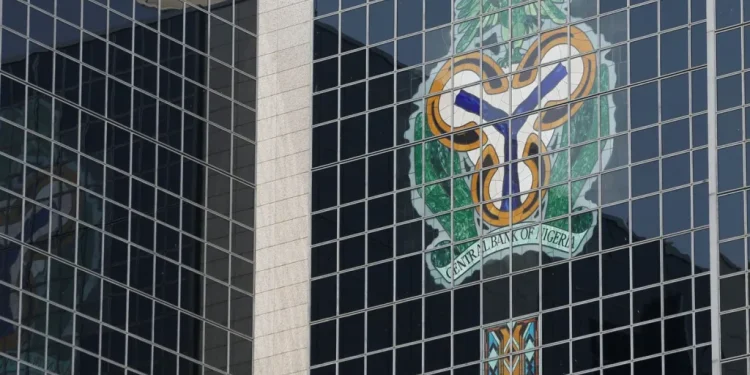Businesses and households across Nigeria have identified high interest rates, multiple taxation, and poor infrastructure as the top three challenges constraining operations in September, according to the Central Bank of Nigeria (CBN).
The apex bank disclosed this in its Business Expectation Survey for September 2025, which showed that while structural and financial challenges persist, confidence in the macroeconomy remains relatively strong.
“The Confidence Index stood at 31.5 index points in September 2025, reflecting optimism about the economy,” the report stated. “This optimism is projected to rise over the next six months, peaking at 51.8 index points.”
The survey revealed that high bank charges (70.8), high/multiple taxes (70.8), and poor infrastructure (70.7) ranked as the leading constraints to doing business during the period. Meanwhile, insufficient power supply (37.8) and competition (40.4) were listed among the least concerning issues, suggesting that firms were more worried about financial than political or market factors.
In a related development, the CBN’s Households Expectations Survey Report for the same month showed that Nigerians were slightly less pessimistic about economic conditions, even as they continued to anticipate price increases in the months ahead.
The report said:
“Consumer sentiments on price changes stood at -6.4 index points in September 2025, indicating that respondents perceived prices as still high. However, this marks an improvement from -7.2 index points in August.”
It also noted a slight improvement in household financial outlook:
- Economic Condition Index: improved from -4.3 to -2.9
- Family Financial Situation Index: improved from -17.0 to -16.5
- Family Income Sentiment: rose to 0.1 index points, showing optimism for the first time since April 2025
Meanwhile, the Inflation Expectation Survey revealed that rural residents (73.9%) perceived inflation as higher compared to urban dwellers (72.4%), highlighting persistent concerns over rising costs of living across the country.
Overall, the CBN reports suggest that while Nigeria’s businesses and households remain cautious amid high costs and tight monetary conditions, optimism about future economic improvement is gradually building.















